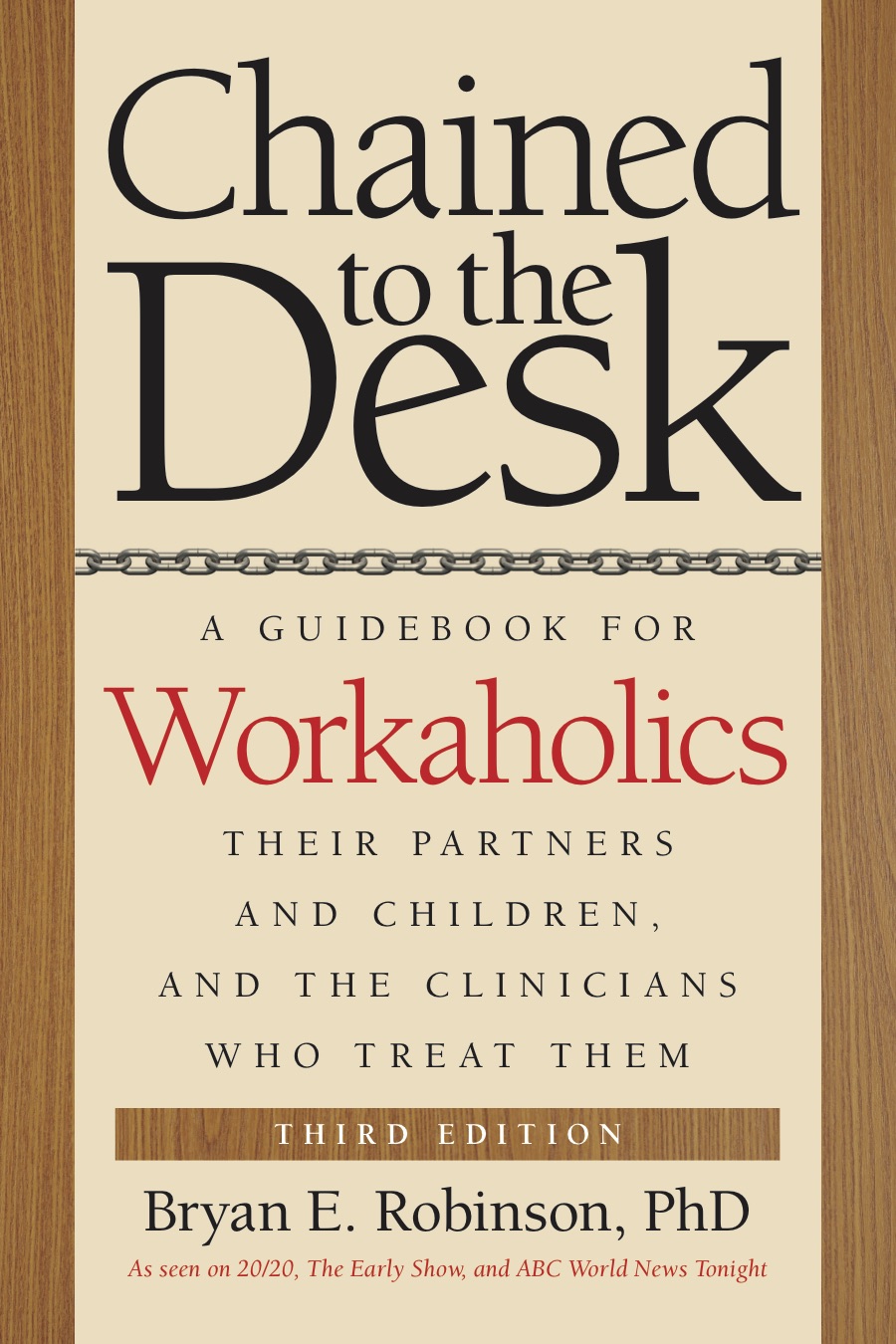There was a time when I needed my work — and hid it from others — the way my alcoholic father needed and hid his bourbon. And just as I once tried to control my father’s drinking by pouring out his booze and refilling the bottle with vinegar, the people, who loved me sulked, pleaded, and tore their hair out trying to keep me from working all the time. Every summer, for instance, just before we left on vacation, my life partner, Jamey, would search my bags and confiscate any work I planned to smuggle into our rented beach house on the South Carolina shore. But however thoroughly he searched, he would always miss the tightly folded papers covered with work notes that I had stuffed into the pockets of my jeans.
Later, when Jamey and our close friends invited me to stroll on the beach, I’d say I was tired and wanted to nap. While they were off swimming and playing in the surf — which I considered a big waste of time — I secretly worked in the empty house, bent over a lap desk fashioned from a board. At the sound of their returning footsteps, I’d stuff my papers back into my jeans, hide the board, and stretch out on the bed, pretending to be asleep.
I saw nothing strange about my behavior; it’s only in hindsight that I say that I was a workaholic. By this, I mean something quite different from saying that I worked hard. I mean that I used work to defend myself against unwelcome emotional states — to modulate anxiety, sadness, and frustration the way a pothead uses dope and an alcoholic uses booze.
Since childhood, work had been my sanctuary — my source of stability, self-worth, and meaning, and my protection against the uncertainties of human relationships. In elementary school, the subject I hated the most was recess. When a teacher forgot to assign homework over Christmas vacation, I was the one who raised his hand to remind her. In high school I wrote, directed, and produced the church Christmas play, also designing and building the sets and acting the lead role of Joseph. Doing everything for the play gave me a sense of control and mastery that was missing from my chaotic family life, where furniture-breaking fights between my mother and my father were a regular occurrence.
As an adult, the thought of vacation or weekend without work was terrifying to me, and I structured my life accordingly. I carried a full college teaching load and volunteered for committee assignments, while also writing books, conducting research, and establishing a full clinical practice. Ignoring Jamey’s frequent pleas that we “just do something together,” I would work in my windowless office in our basement through evenings, weekends, Thanksgivings, and Christmases. I even worked through most of the day of my father’s funeral: while my mother and sisters broke bread with our old neighbors, I was in my university office twenty-five miles away, working on a project so insignificant that I no longer remember what it was.
When I stopped thinking of myself as an extraordinarily talented and dedicated professional with a great deal to offer the world and realized how empty my life had become, I hit bottom. Until then I’d been proud of my workaholism and well rewarded for it. Jamey might call me controlling, inflexible, and incapable of living in the moment. But the promotions, accolades, and fat paychecks that came my way built an ever-stronger case against his accusations, and I used them to further vilify him: Why couldn’t he pull his own weight? Why couldn’t he be more supportive? Why didn’t he appreciate my hard work and the creature comforts it provided? Why was he constantly bothering me with problems that distracted me from earning a decent living?
After nearly fourteen years together, Jamey — who had been trying without success to talk to me about my absence from our relationship and his growing problems with alcohol– told me that he found someone who would listen to him, and he moved out. My first book had been published, and I had two more books and several funded research projects in the works. I was also recovering from surgery for stress-related gastrointestinal problems. My life was crumbling under my feet, and there was nothing I could do about it. I lost weight. I couldn’t eat. I didn’t care if I lived or died.
I was a chain-smoking, caffeine-drinking work junkie, dogged by self-doubt. I had no close friends. I didn’t smile. I felt that my colleagues didn’t really appreciate my hard work and were breathing down my neck. My memory got so bad that members of my family wondered if I was developing an early case of Alzheimer’s. I snapped at colleagues, and they snapped back. I once angrily confronted a college librarian, demanding the name of the irresponsible faculty member who had kept, for three months, a book I wanted. She gave me the name: my own. Work had been the one thing that I had always done well, and now even that was failing me. Yet I couldn’t stop working.
In the summer of that year Jamey and I reconciled, and in the fall he checked himself into a treatment center for alcoholism. When I eagerly took part in the family treatment center component to “help Jamey with his problem,” a facilitator confronted me with my own work obsession. I joined Workaholics Anonymous, entered therapy, and began my climb out of the pit into a saner life. And Jamey and I started to understand the crack in the foundation of our relationship. Today we celebrate decades together in sobriety.Now, instead of spending my Saturdays in my basement office, I look forward to weekends of yard work, hiking, or matinees at the movies. When we go to the South Carolina shore, I don’t pretend to nap anymore. I’m swimming in the surf or walking on the beach with my friends. I enjoy and savor my life and my time with Jamey as much as I had once savored my endless work. But old habits die hard. One day while I was working on a writing project, Jamey yelled from upstairs. At first , I felt the workaholic’s instinctive annoyance — Don’t you know how important my projects are? But this feeling was immediately replaced with love and gratitude as I realized he was calling me to a big breakfast of French toast, warm maple syrup, and butter.

Follow us here and subscribe here for all the latest news on how you can keep Thriving.
Stay up to date or catch-up on all our podcasts with Arianna Huffington here.


